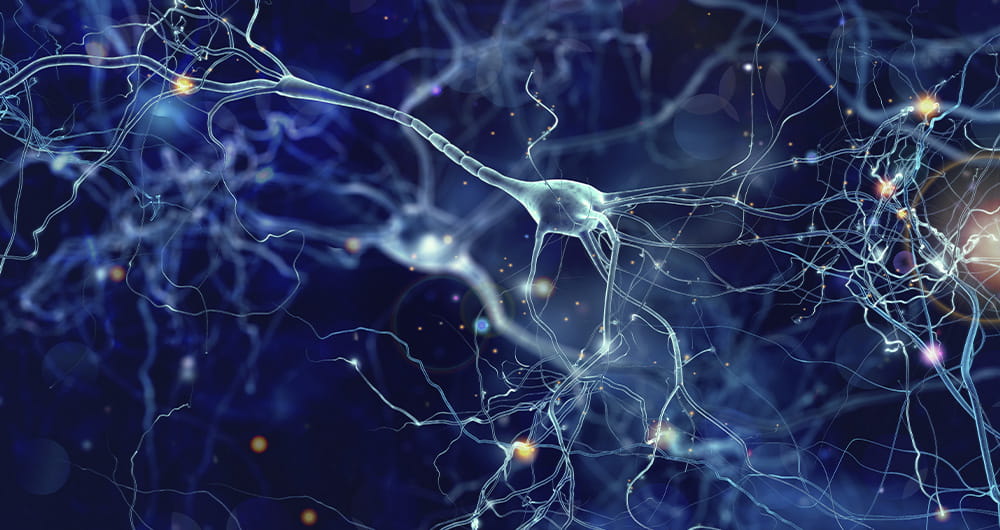5 posts found
Neurotechnology and neurodata: what is its potential?
Imagine a machine that can tell if you're happy, worried, or about to make a decision, even before you know clearly. Although it sounds like science fiction, that future is already starting to take shape. Thanks to advances in neuroscience and technology, today we can record, analyze, and even predi…
Different approaches to identifying high-value data
Since the publication of Directive (EU) 2019/1024 on open data and re-use of public sector information, the European Commission is undertaking a number of actions to develop the concept of high-value data that this directive introduced as an important novelty in June 2019.
We recall that high-value…
What is a data dictionary and why is it important?
Data has occupied a fundamental place in our society in recent years. New technologies have enabled a data-driven globalization in which everything that happens in the world is interconnected. Using simple techniques, it is possible to extract value from them that was unimaginable just a few years a…
Data vocabularies: why are they important?
Each individual, organization or group uses a number of common words in their daily communication, which would be their personal vocabularies. The greater the number of words we use, the greater our ability to communicate, but it can also be a barrier, increasing the difficulty of understanding othe…
Linked Open Vocabularies (LOV)
One of the main barriers to the deployment of linked data is the difficulty that data editors have to determine which vocabularies to use to describe their semantics. These vocabularies provide the "semantic glue" that allows simple data to become "meaningful data".
Linked Open Vocabularies (LOV)…




